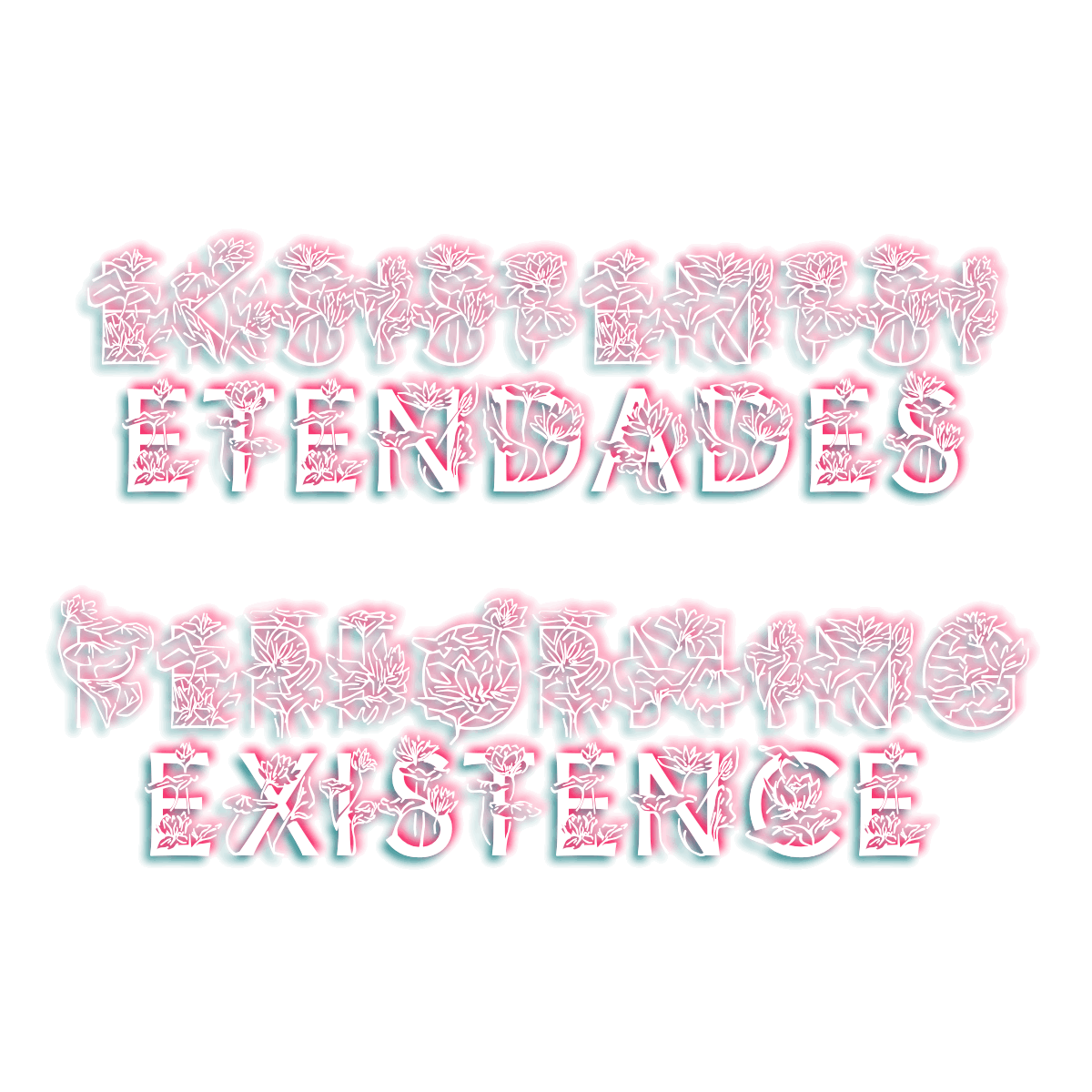2024 programme
19.1.2024 — 8.2.2025
Each year, the Kogo Gallery programme is designed to capture a certain vibe that embodies the emotional undertone of the events and questions topical in that particular moment and which define the contemporary zeitgeist. For 2024, in dialogue with the European Capital of Culture Tartu 2024, we have chosen to call this vibe Performing Existence.
Geopolitical unrest, culture wars and the overwhelming confusion of information that spreads through the internet and other communication channels – not to mention the rapidly changing climate – have become omnipresent. Living in these troubled and volatile times demands that we think constantly about existential questions from both global and personal perspectives. The pandemic, military conflicts and climate crises have affected and continue to affect us deeply. Yet we should remember that such intimate and personal events as becoming a parent, changing jobs, or even just getting a haircut can also trigger changes in our behaviour and how we perform. In Shakespearean manner, we can truly say that life is a theatre, and the world is our stage.
Each exhibition project will deal with the present existential state by questioning it and performing it, starting with the group show Octopus Rococo, which will open the programme with a Cheshire Cat smile. Humour has been a tool for detecting the zeitgeist and exploring power relations for hundreds of years. Some artists have become masters of performing their trickster and sinister entertainer’s role so skilfully that their work makes you laugh and shiver simultaneously. By bringing together works by several artists known as explorers of irony and humorous mischief, the Octopus Rococo project sends up, gives social commentary and creates poetical metaphors to address what it is to be human in the contemporary world.
Octopus Rococo is followed by Latvian artist Krista Dzudzilo’s solo exhibition ‘all the possibilities that existed’, curated by Kim? Contemporary Art Centre, Riga. This project is one of two collaborative exchange projects with art institutions from Latvia taking place this year in Kogo. Krista Dzudzilo is a visual artist working in various media and often uses scenography as a central tool and mode of artistic expression to realise her projects. Dzudzilo’s work concentrates on the question of how to transform looking into seeing. The exhibition will consist of two drawing series, ‘everything you say is true’ and ‘let your words be mine’, as well as a video piece and other objects that contemplate the activities of remembering and forgetting as simultaneously existing entities in dialogue and flux.
The summer season opens with Estonian artist Kristi Kongi’s solo project, which will imaginatively transport visitors to the underwater world. The exhibition space will be transformed into a magical water landscape where all things, from paintings, walls, ceilings and even the bookshop, will become new entities both unique and fluid. This project creates a transformative experience where, by entering the space, visitors can lose themselves in the artworks and, through that, experience a certain kind of healing. In this almost-therapeutic experience, visitors will also be confronted with a new awareness of how the underwater world is both vital to this planet and yet under constant threat.
Closing the summer season is an exhibition that directs our senses away from the therapeutic experience of water to the deeply personal battles fought going through the catholic school education system. Organised in collaboration with Riga’s Look Gallery, Latvian artist Aleksandrs Breže’s solo exhibition addresses the artist’s complex relationship with a world determined by the dogmatic rules of religious institutions while also contemplating mechanisms and expressions of power and control. The project takes inspiration from the forms and objects found in sacral buildings, which the artist transforms into sculptures resembling terrifying weapons.
Kogo’s 2024 exhibition programme closes with Latvian artist Elīna Vītola’s solo exhibition, Pay an Arm and a Leg, which explores issues of sustainability and invisible art processes. Performing scenarios of monumental art in a modern context, several sight-specific works will be created using historical techniques of painting as their map and the venue as their canvas. The works address such topics as ownership, privilege, heritage, education and behaviour.
The programme is funded by the Cultural Endowment of Estonia and the City of Tartu.
The typeface used in the programme’s design is Sweet Lily by Céline Hurka.


 Endless Shine of Human Violence
Endless Shine of Human Violence